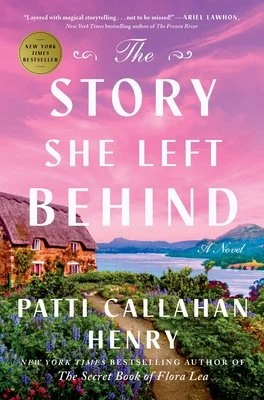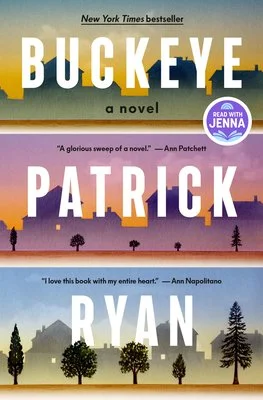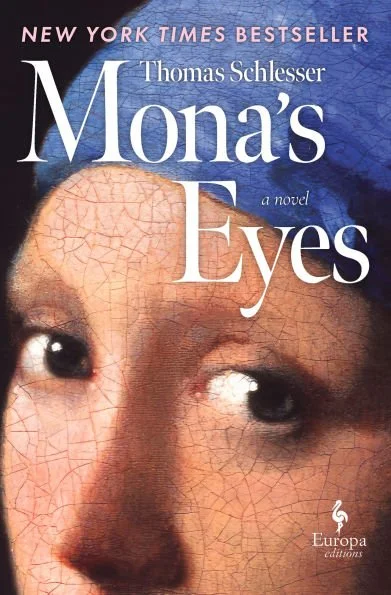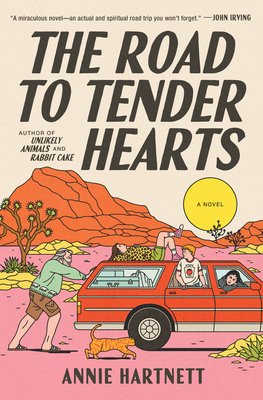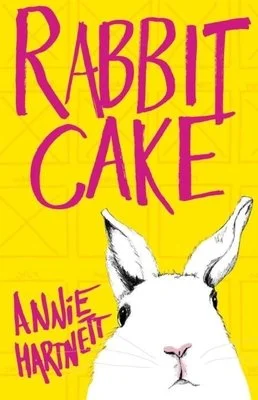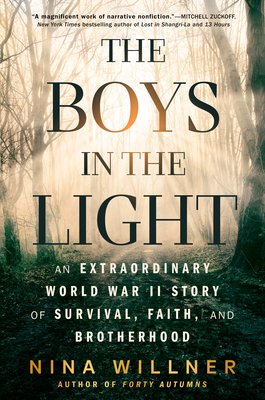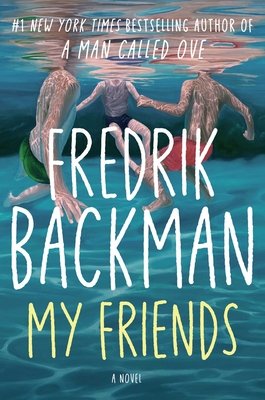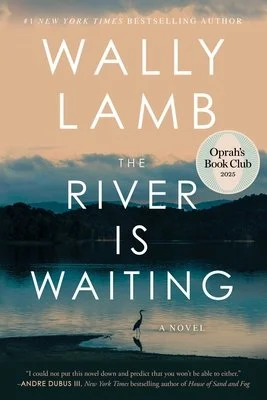“To acquire the habit of reading is to construct for yourself a refuge from almost all the miseries of life.”—W. Somerset Maugham
For me, reflection always blows in with the new year. What worked, what hurt—I’ll deliberate a bit about it all. No need to waste time baggin’ on 2025, but I wouldn’t want to relive it. The good news is it was a great reading year. If you can believe it, we may have an even more promising year ahead. Tayari Jones, Jane Harper, Elizabeth Strout, Ann Patchett, Maggie O’Farrell, and Marie Bendict all have new releases in 2026. Sounds like literary bliss to me.
Here I am letting yesterday and tomorrow use up too much of my post. Patti Callahan Henry is calling me back to the present. I’m so glad the best-selling author took her own advice to “find the stories and subjects that startle you, change you, and challenge you.” If not, we wouldn’t have The Story She Left Behind. Callahan Henry set out to write a book about Beatrix Potter—she was enticed by the fact that Bea developed her own secret language, so her mother couldn’t snoop and read her private diary. This sent CH down a rabbit hole. (Wink, wink.) She then discovered a child prodigy, Barbara Newhall Follett, who published novels at ages 12 and 14. She too developed a new language and vocabulary. (You’ve gotta love these female creatives!) That was just the tip of the mystery. After an argument with her husband, Follett (age 25) walked out of her apartment with 30 dollars in her pocket and vanished, never to be seen again. A literary mystery was born—one that wouldn’t let go of CH when she heard it.
You’ll be captivated by the way Callahan Henry treats this real-life literary mystery. The novel’s setting pulled me back into a few otherworldly study abroad days spent in the splendor of the Lake District. It made me crave a visit to “the loveliest spot man has found.”
P.S. If you need more incentive to run grab a copy of The Story She Left Behind, take it from one of Rachel’s imaginary besties, Louise Penny, who gushed—“Brilliant, riveting, so beautifully written, impossible to put down."

